Keywords: Human Rights Commission
-

RELIGION
- Cathy Kezelman
- 08 April 2019
8 Comments
Regardless of the outcome of the upcoming election, Australia must respond promptly and fairly to the needs of all survivors, not only of institutional child sexual abuse, but of all forms of childhood trauma. Every time we create a new class of survivor and more 'have nots' we replicate the inequities of abusive systems.
READ MORE 
-
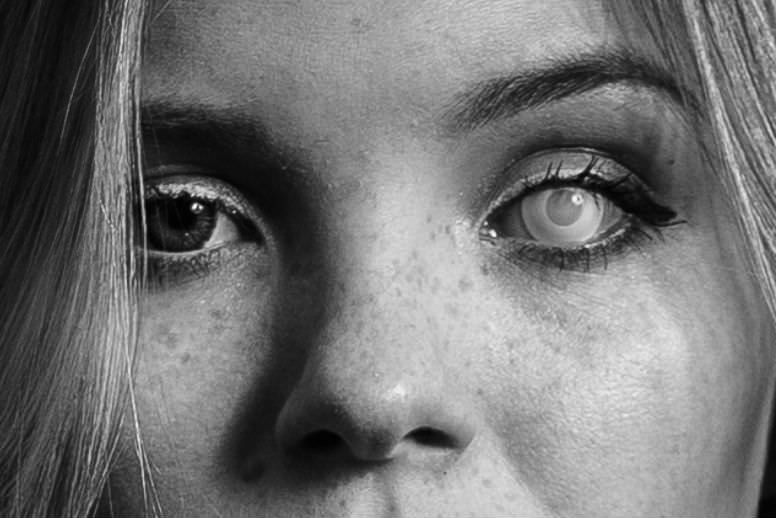
AUSTRALIA
- Justin Glyn
- 06 March 2019
3 Comments
Last month, Parliament mandated a royal commission into the treatment of people with disabilities. Now we hear it will not proceed before hearing from all states and territories. People with disabilities are most in need of strong centralised protections. The federal government, while giving with one hand, has been taking with the other.
READ MORE 
-

INTERNATIONAL
- Carolina Gottardo, Nishadh Rego, Lars Stenger
- 21 February 2019
8 Comments
On 7 February in Manado, Sulawesi, Sajjad, a 24 year old man who had just finished a degree in IT, doused himself with petrol and set himself on fire. He died six days later. On the day of his death, Australians woke to the government's claim the passage of the Medevac Bill would restart boats from Indonesia and weaken Australia's borders.
READ MORE 
-
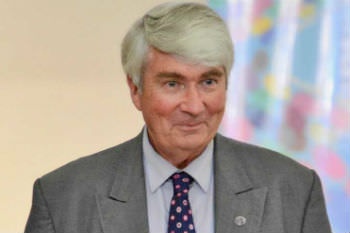
RELIGION
- Frank Brennan
- 18 February 2019
'We can do this better by breaking down the silos and binding together our concern for nature, justice for the poor, commitment to society, and interior peace.' Opening Keynote Address by Fr Frank Brennan SJ at the Catholic Social Services Australia National Conference, Port Macquarie 19 February 2019.
READ MORE
-

AUSTRALIA
- Andrew Hamilton
- 31 January 2019
17 Comments
Experience suggests that royal commissions disclose only a fraction of unacceptable behaviour committed, and that the cultural attitudes that entrench it outlast the proposed reforms. The reasons for their comparative ineffectiveness can be illuminated by reflection on reforms of the 19th century.
READ MORE 
-
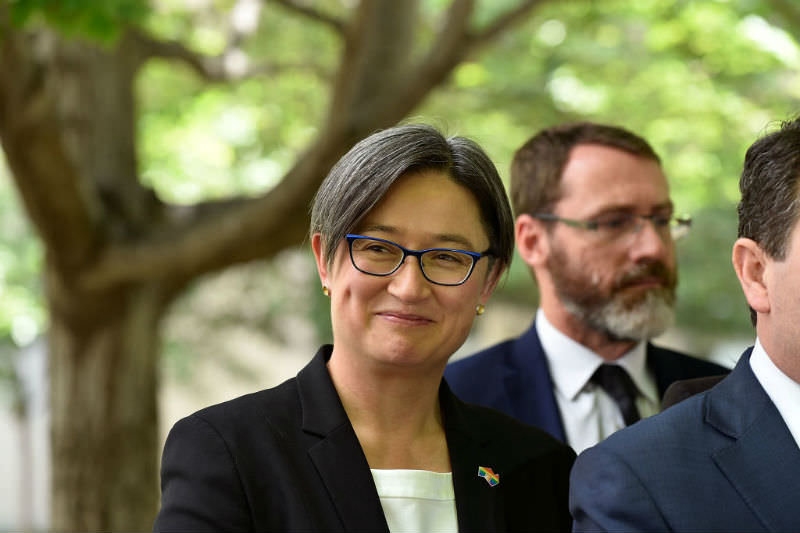
RELIGION
- Frank Brennan
- 15 January 2019
40 Comments
When Parliament resumes, one outstanding item of business will be Penny Wong's bill dealing with religious schools' capacity to discriminate against students on the basis of gender identity or sexual orientation. I support the bill subject to the proviso that religious schools should remain free to teach their doctrine respectfully and reasonably.
READ MORE 
-
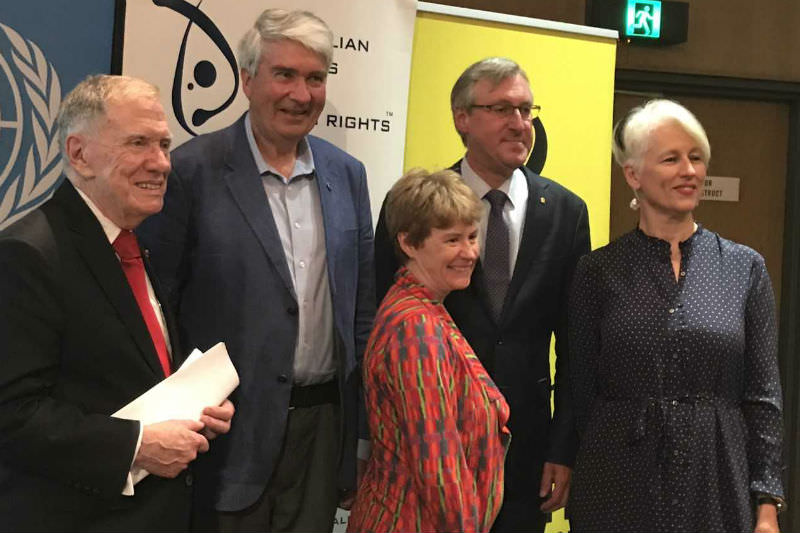
AUSTRALIA
- Frank Brennan
- 17 December 2018
15 Comments
Let's hope all members of parliament can agree to the insertion of such a clause in the legislation providing assurance to religious educators that they can continue to teach their doctrine in good faith while assuring all students and their families that they will not suffer any detriment while sitting at the feet of religious educators.
READ MORE 
-

AUSTRALIA
- Frank Brennan
- 10 December 2018
14 Comments
It is appropriate to affirm the worldwide amplification system for the 'still, small voice' of conscience speaking to power, even when that voice of conscience maintains a religious tone, while the power of the state is increasingly secular and the tone of society more stridently secularist.
READ MORE 
-

AUSTRALIA
- Fiona Murphy
- 27 November 2018
6 Comments
Most people don't realise that I am deaf unless I tell them. My deafness is invisible. I don't wear hearing aids and my voice (though distinct enough to prompt people to ask 'where are you from?') isn't a typical deaf voice. Every day I make small calculations, assessing every interaction to determine if I need to reveal that I have a disability.
READ MORE 
-

ENVIRONMENT
- Cristy Clark
- 26 November 2018
11 Comments
Airborne pollution is an issue of environmental justice, because it disproportionately affects those with the least capacity to move — the poor, the marginalised, and those, such as Indigenous peoples, with a significant relationship to place.
READ MORE 
-

AUSTRALIA
- Kate Galloway
- 29 October 2018
2 Comments
A robust human rights framework would hold government to account in its own deployment of technology such as 'robodebt'. It would also provide protections against the government's increasing attempts to control data through legislation — where data is collected and deployed using diverse technologies.
READ MORE 
-
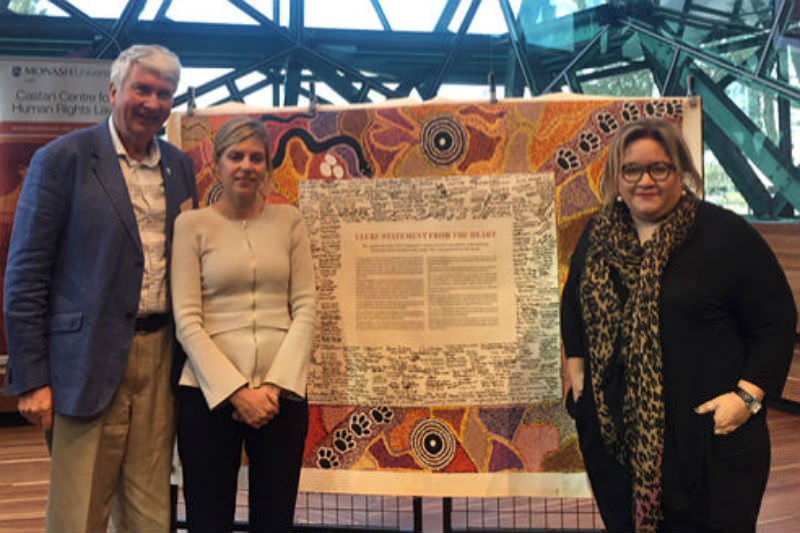
AUSTRALIA
- Frank Brennan
- 01 October 2018
3 Comments
Frank Brennan's keynote address to the National Aboriginal and Torres Strait Islander Catholic Council Assembly entitled: 'Strong Faith. Strong Youth. Strong Future — Walking Together in a movement of the Australian people for a better future'. 1 October 2018, Technology Park — Bentley, Perth
READ MORE